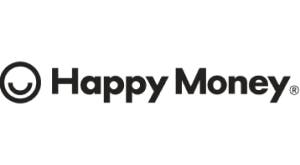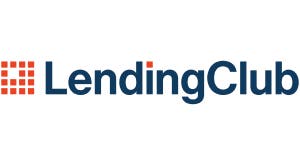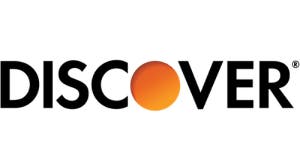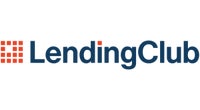PERSONAL LOANS
Upgrade: Best overall

Bankrate Score = 4.6/5
Bankrate scores are objectively determined by our editorial team. Our scoring formula weighs several factors consumers should consider when choosing financial products and services.
The annual percentage (APR) includes your interest rate, plus any loan fees. It reflects the total cost of borrowing.
This lender is registered in states where it does business, has a Consumer Loan Company License and was vetted by the Bankrate Editorial team.
Upgrade's wide range of loan terms, competitive APRs and low minimum credit score earned it our best overall debt consolidation loan ranking. You can qualify to pay off more debt with a joint borrower and Upgrade will even make direct payments to your creditors, saving you time and effort.
- U.S. citizen or permanent resident
- At least 18 years old
- Valid email address
- Valid bank account
- 1.85% to 9.99% origination fee
- $10 late fee
- $10 returned check fee
One business days if sent to borrower; up to two weeks if sent directly to creditors
Pros
- Direct payment to creditors saves you time and effort
- Joint applications available
- Multiple discounts for debt consolidation, which could reduce your APR
Cons
- High potential origination fees cut into your debt consolidation funds
- High minimum rates compared to some other consolidation lenders
- Late and returned check fees
Personal loans made through Upgrade feature Annual Percentage Rates (APRs) of 7.99%-35.99%. All personal loans have a 1.85% to 9.99% origination fee, which is deducted from the loan proceeds. Lowest rates require Autopay and paying off a portion of existing debt directly. Loans feature repayment terms of 24 to 84 months. For example, if you receive a $10,000 loan with a 36-month term and a 17.59% APR (which includes a 13.94% yearly interest rate and a 5% one-time origination fee), you would receive $9,500 in your account and would have a required monthly payment of $341.48. Over the life of the loan, your payments would total $12,293.46. The APR on your loan may be higher or lower and your loan offers may not have multiple term lengths available. Actual rate depends on credit score, credit usage history, loan term, and other factors. Late payments or subsequent charges and fees may increase the cost of your fixed rate loan. There is no fee or penalty for repaying a loan early. Personal loans issued by Upgrade's bank partners. Information on Upgrade's bank partners can be found at https://www.upgrade.com/bank-partners/.





_0.png?optimize=medium&format=pjpg&auto=webp)








_0.png?auto=webp&fit=&width=200&format=pjpg)








